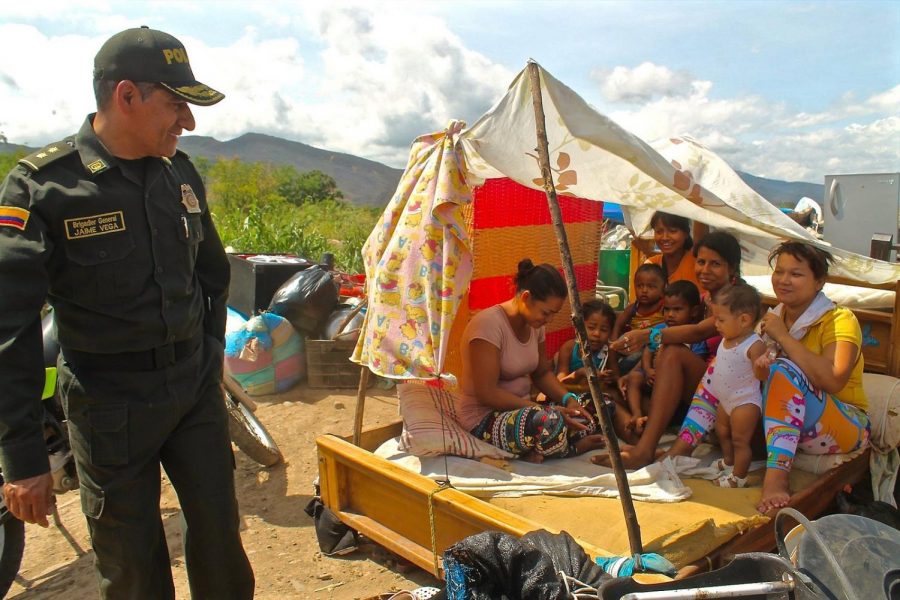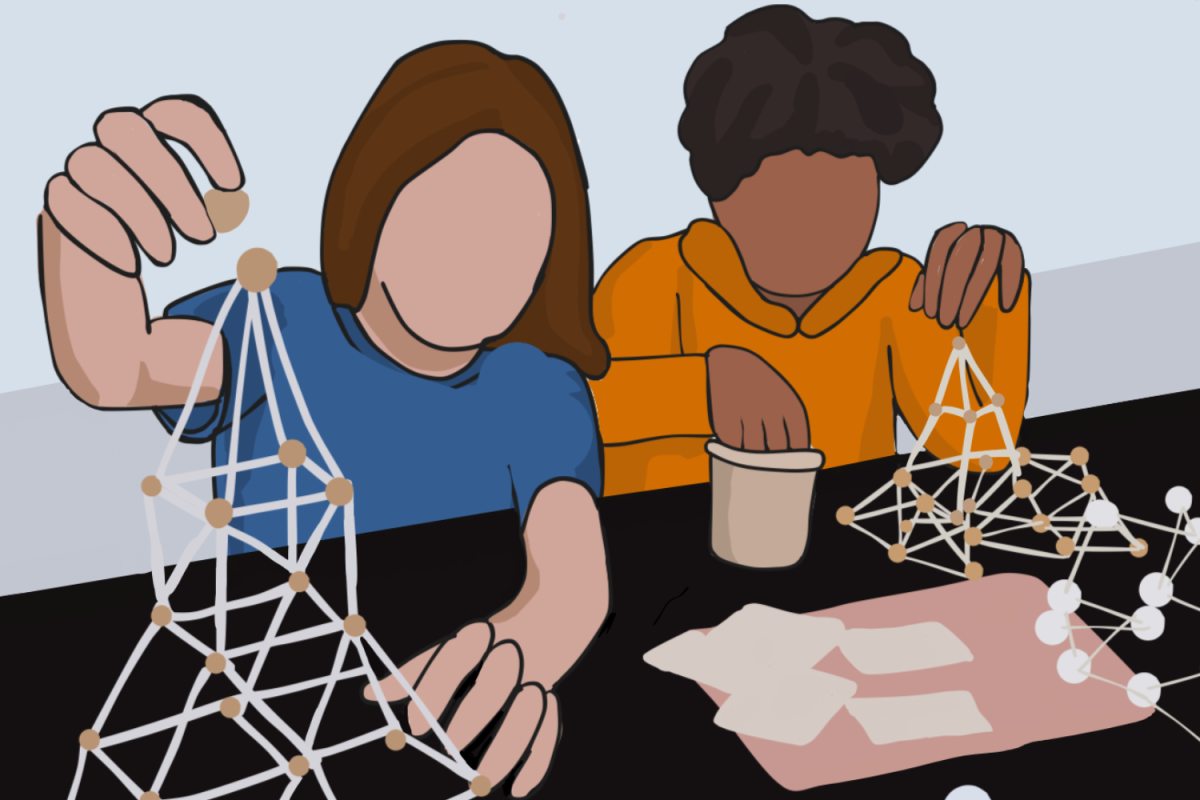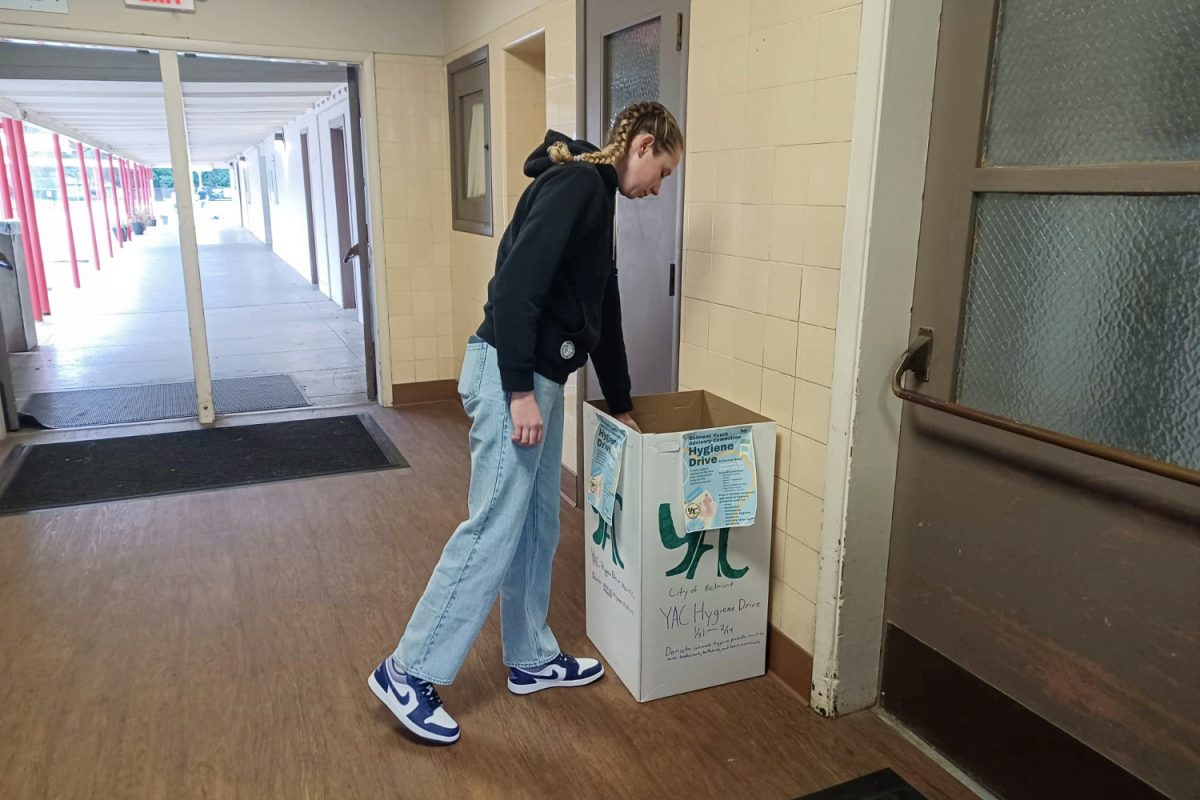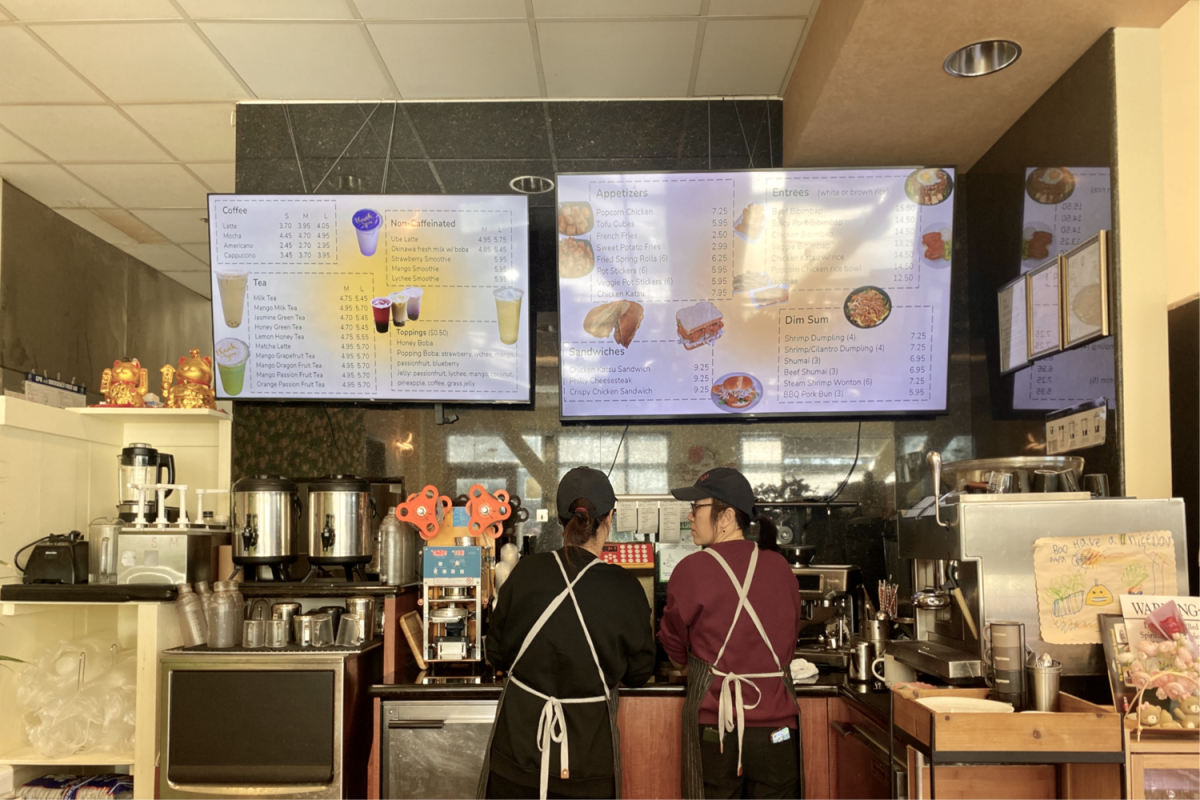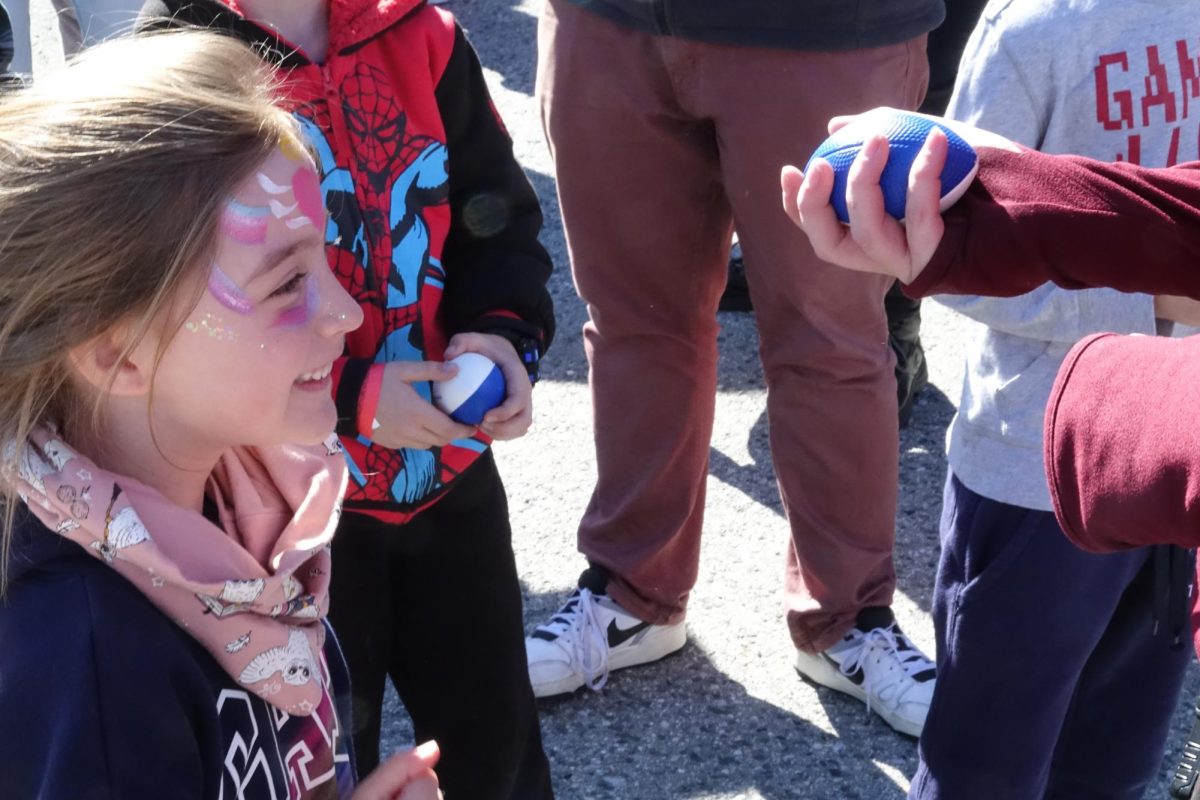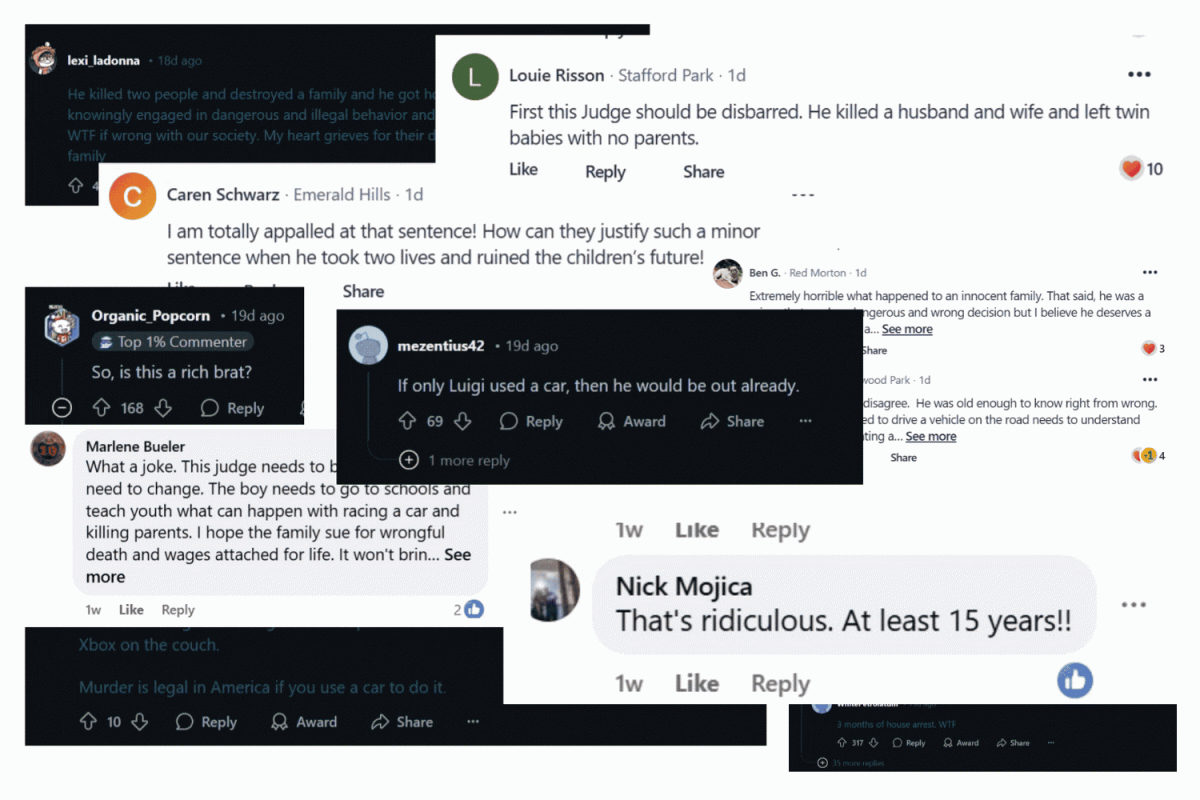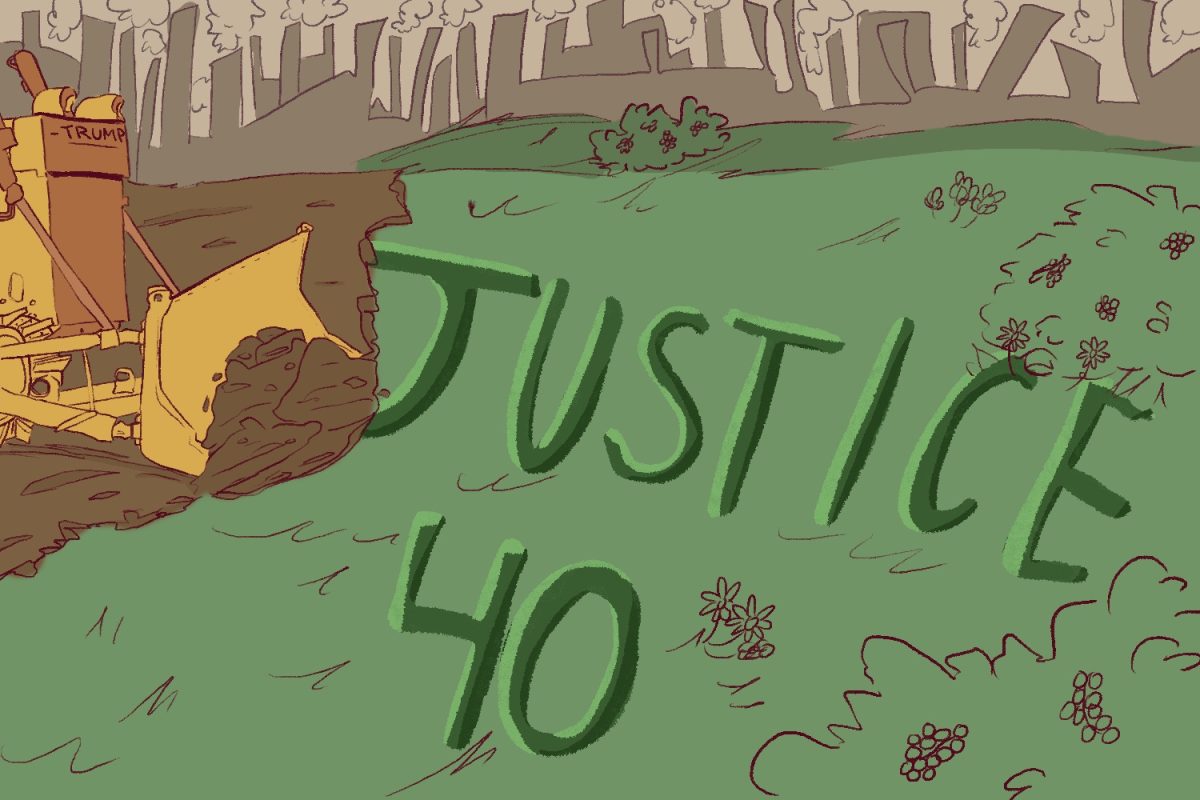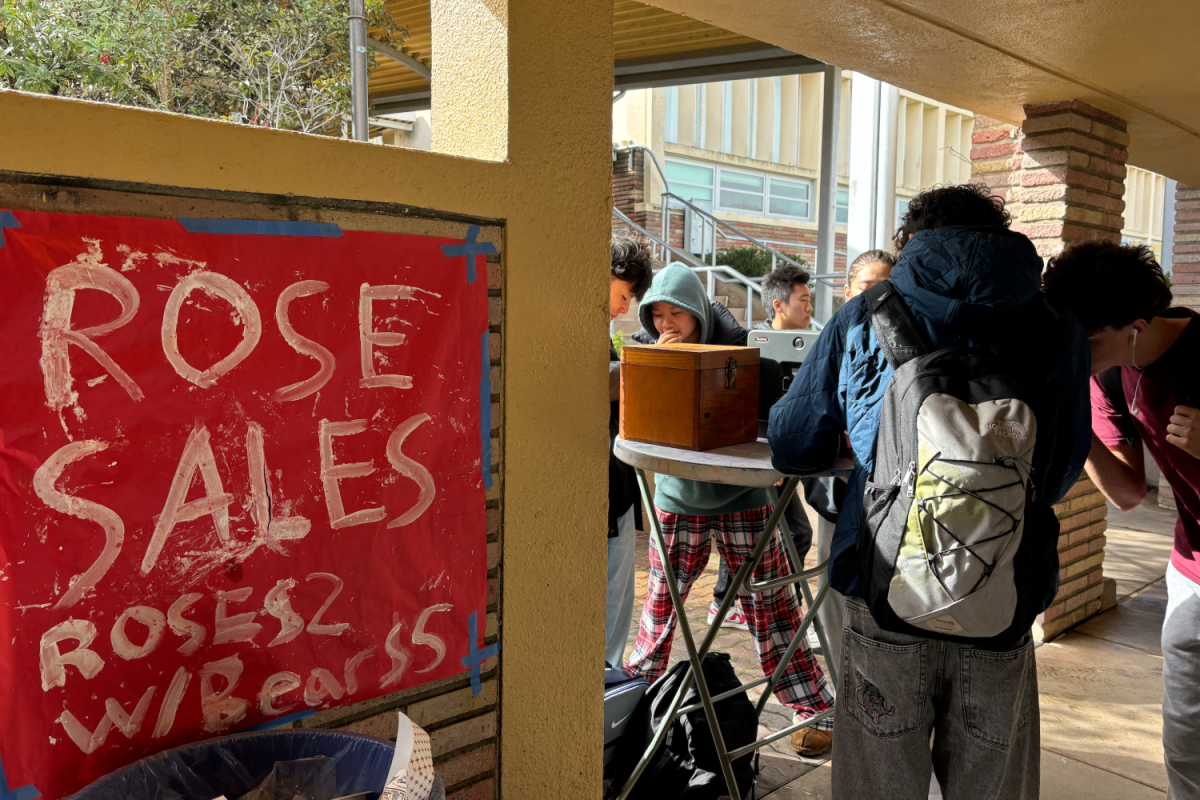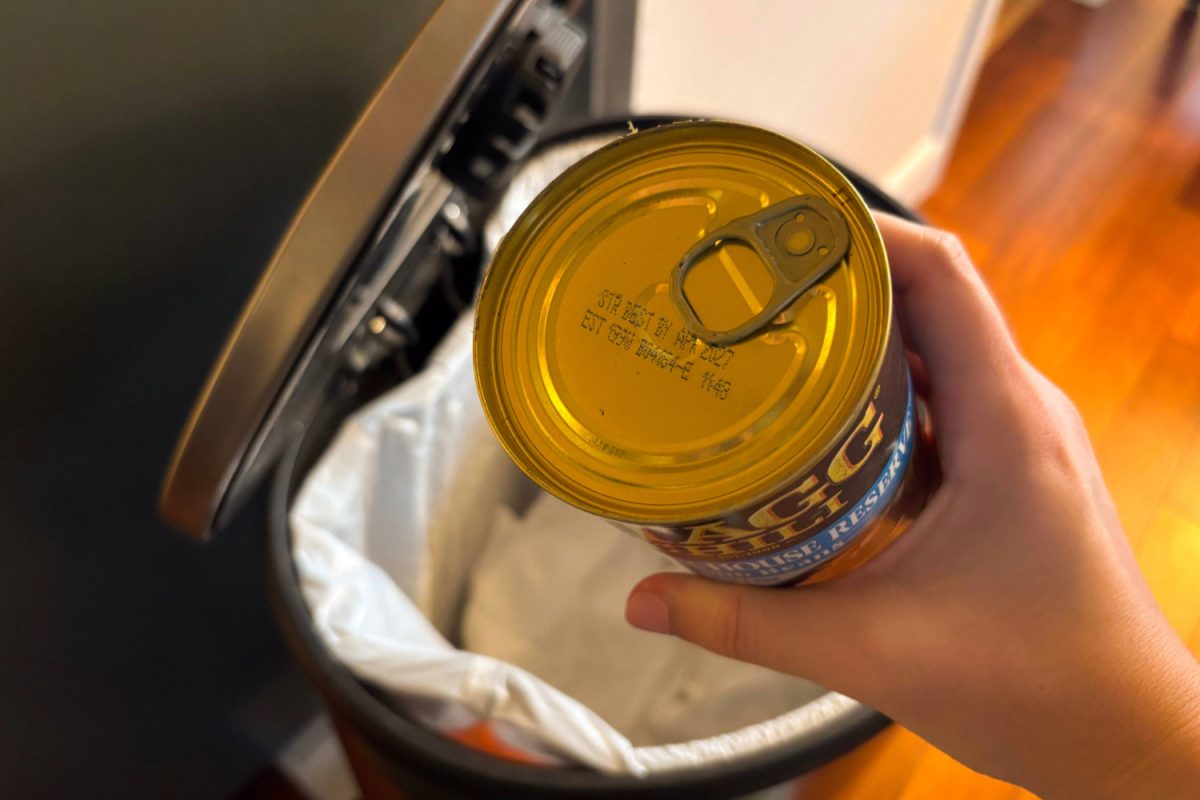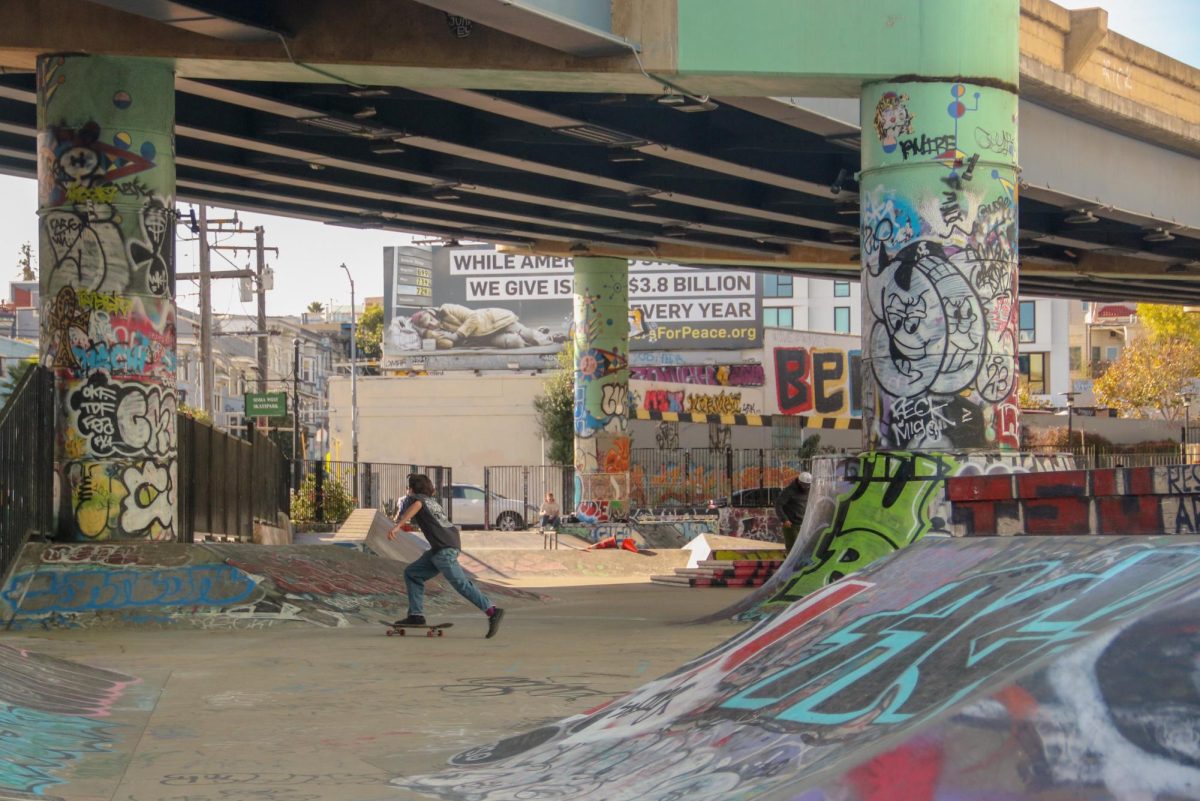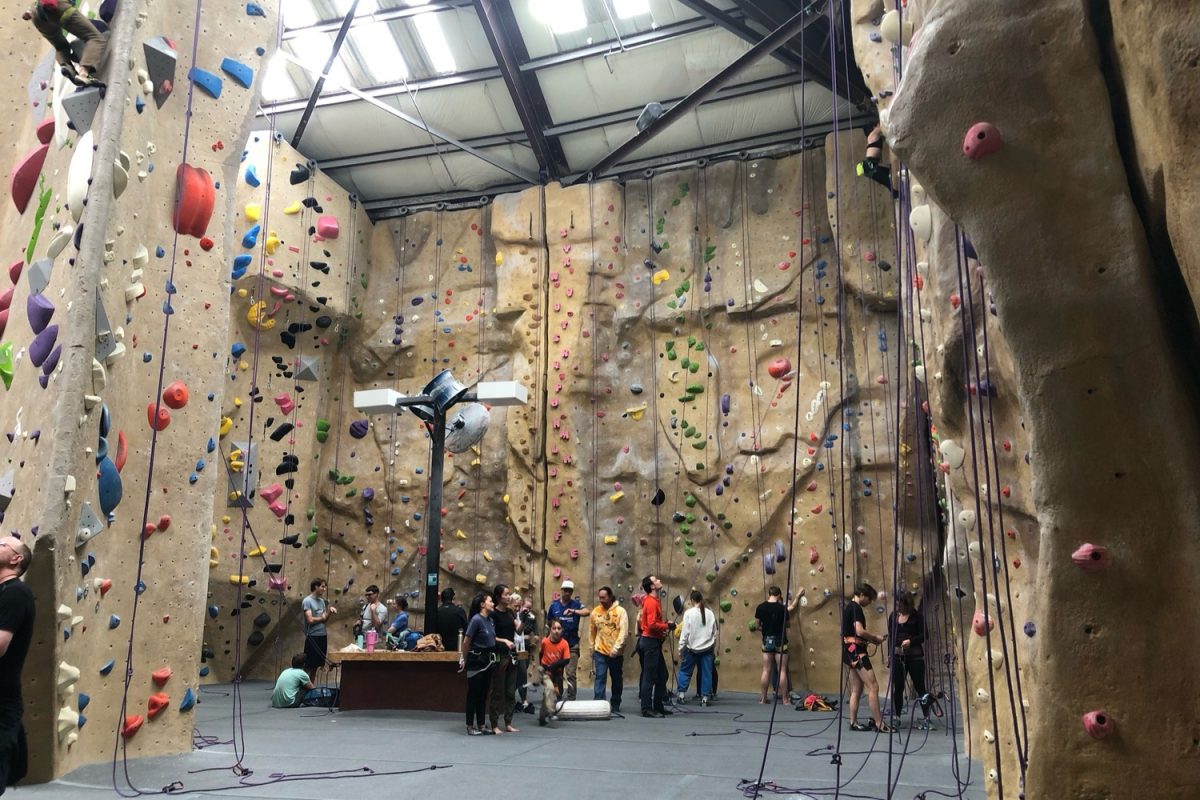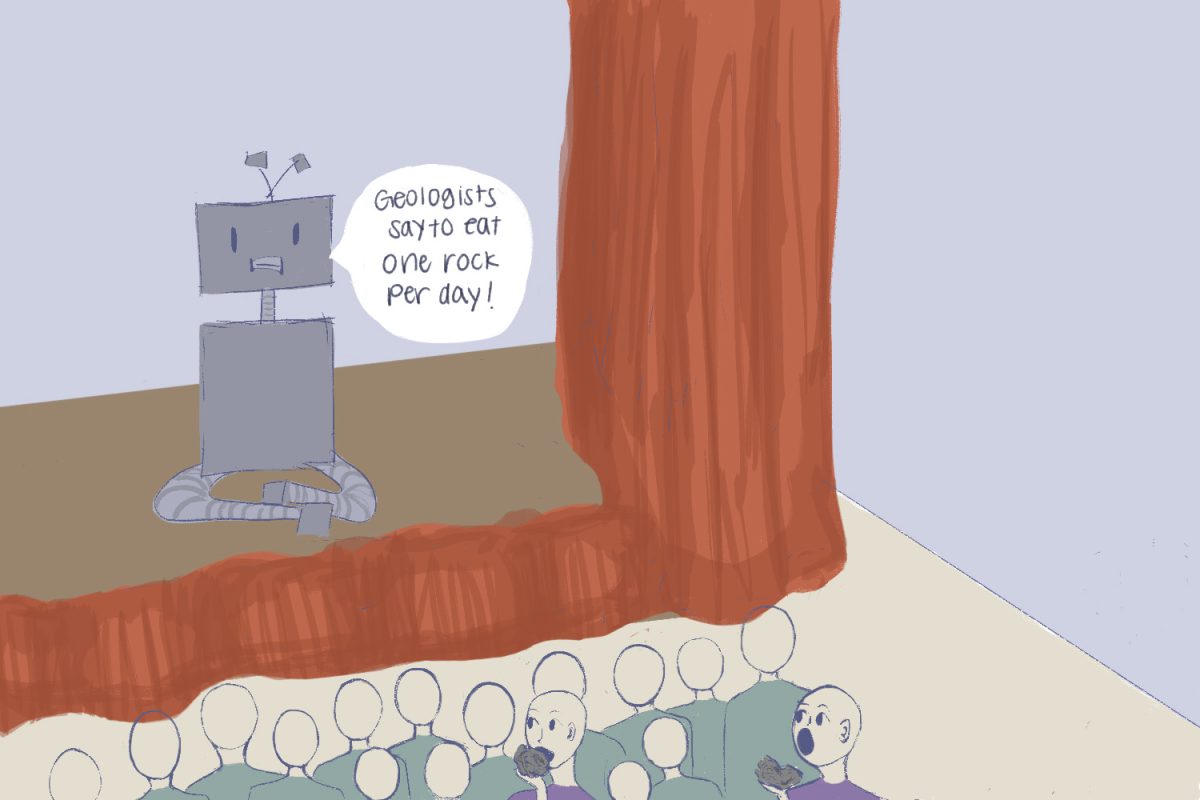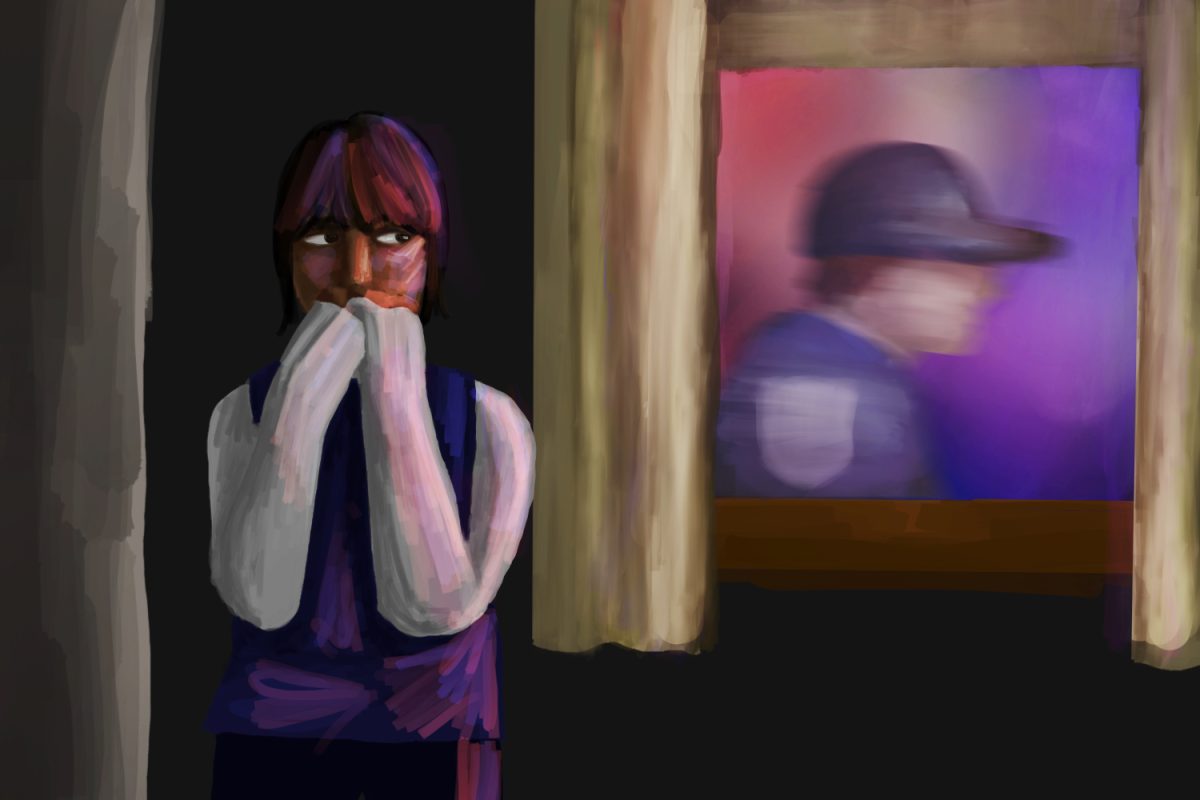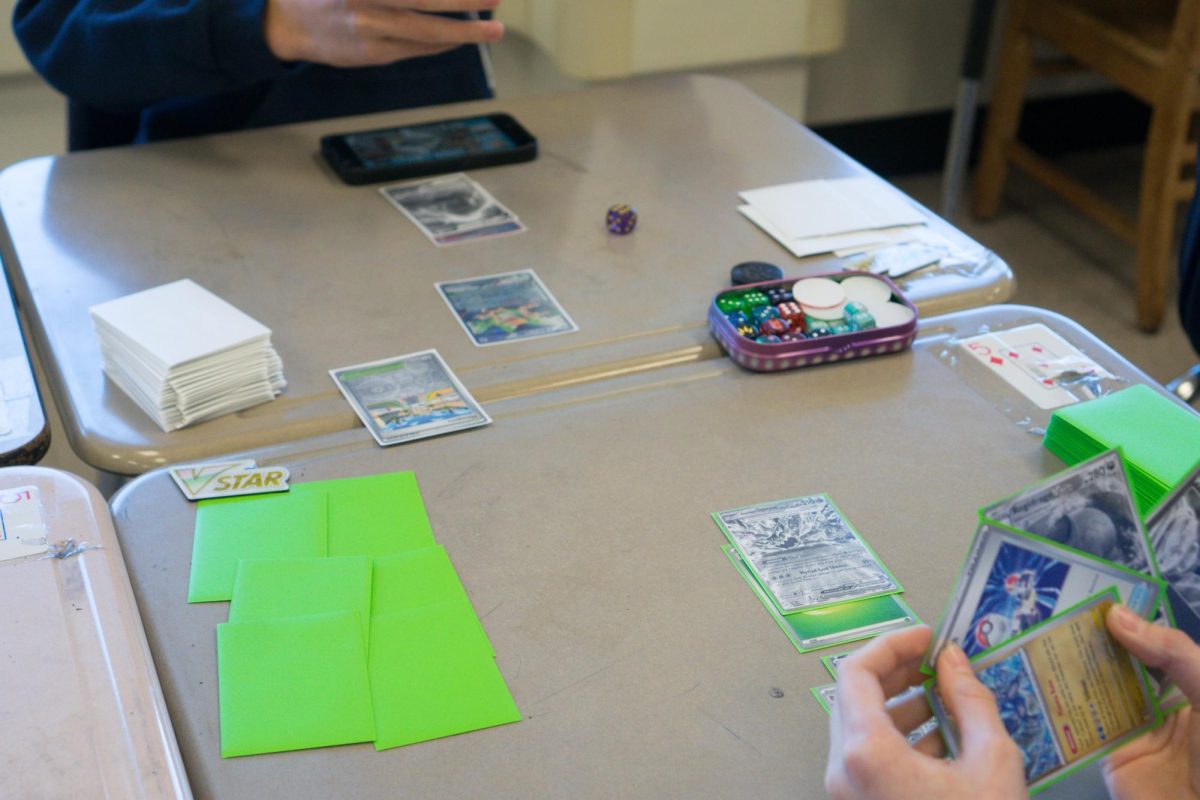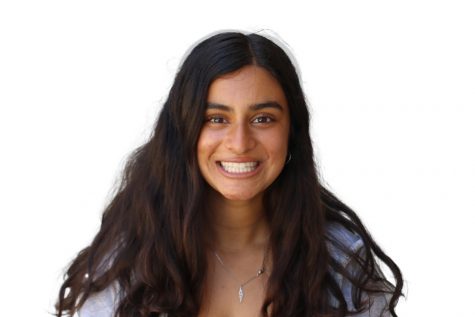Leaving home, family, and friends for the chance to create a better and safer life for loved ones; this is a risk that hundreds of thousands of refugees worldwide take on daily — especially in Venezuela.
There are over 4.5 million Venezuelan refugees and migrants worldwide, according to the United Nations High Commissioner for Refugees (UNHCR). Since 2014, the number of Venezuelan citizens seeking refugee status has increased by 8000%.
Many citizens are fleeing due to the country’s political and economic instability; this is their attempt to escape violence, insecurity, and threats as well as lack of food, medicine, and essential services.
Luckily, for many Venezuelan refugees, their place of sanction and neighboring country, Colombia, has been welcoming migrants with open arms. According to the UNHCR, Colombia is a host to more than 1.6 million Venezuelans, of which almost 60% are lacking a migration status.
Without this documentation or permission to stay regularly in surrounding countries, Venezuelan asylum seekers lack guaranteed access to fundamental rights like those of the labor market and health care system. This makes them especially vulnerable to sexual and labor exploitation, trafficking, violence, discrimination, and xenophobia.
Many of these refugees and migrants are families with children, pregnant women, elderly, and people with disabilities. Ambitious to take deviant routes to reach safety more quickly, they may fall prey to smugglers, traffickers, or end up in other dangerous situations.
As more and more families arrive, tired and scared with fewer and fewer resources, they are in immediate need of care, shelter, food, medicine, and documentation.
“It took us over seven days to reach Peru. We had nothing to eat at the end. We tried to spare all for our son, but he also went over 24 hours without a bite. He is only three,” said Gerardo, a Venezuelan father now living in Peru.
To help ease life for refugees after arriving at their destination, Colombia has created two Special Stay Permits (PEP) that can benefit more than 100,000 Venezuelans, by providing them the opportunity to stay and work in the country.
Despite these beneficial services, life continues to be an uphill battle for many refugees, even after arriving at their sanction. According to the Colombian Migration Authority, only 14% of the almost 600,000 Venezuelans living in Colombia, that currently hold a PEP, are engaged in formal employment.
Colombian media revealed that other Venezuelan families have been exploited by organized crime rings. These rings offer parents money to rent out their children and lend them to others who hope to earn more money by having a small child with them.
“There has been an increase in reports of people in possible situations of labor exploitation, as well as events of children being ’employed’ as in the cases of ‘renting’ babies for begging purposes,” said Mario Gómez, Colombia’s delegate prosecutor for children and adolescents, in a statement.
To prevent further child labor exploitation, social services centers, like El Centro Abrazar, have opened. El Centro Abrazar is located in Bogota, Colombia, and functions as a daycare that gives Venezuelan migrant children a safe place to stay while their parents work.
Many parents believe that having children with them while they sell will help them make more money. However, the center’s administrator, Vanessa Méndez Cartagena, tries to explain to parents why their children should be off the streets while they work.
“Many families arrive with the mentality of ‘it’s better I take the child in the street because I’ll make 80,000 (roughly $20) if I have him with me,'” Cartagena said. “But when they come here, they realize that the extra money they can earn is not worthwhile. Here [El Centro Abrazar], they find support and receive necessary attention, food, games, health check-ups, and connections to other services in the district.”
The center provides three meals a day for children, as the United Nations Children’s Fund (UNICEF) recently reported that almost 13% of children in Venezuela have suffered from malnutrition in recent years due to a shortage of food.
Besides food service, El Centro Abrazar also provides lawyers, psychologists, teachers, and nutritionists who are on call for any family or child that might need them.
“We try to make sure that they have fun, that they can be children who develop normally,” said El Centro Abrazar teacher Diana Colorado in an interview with ABC News.

